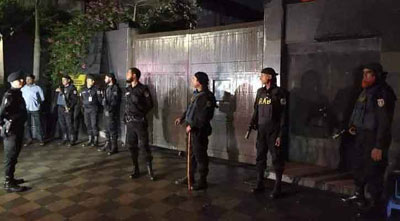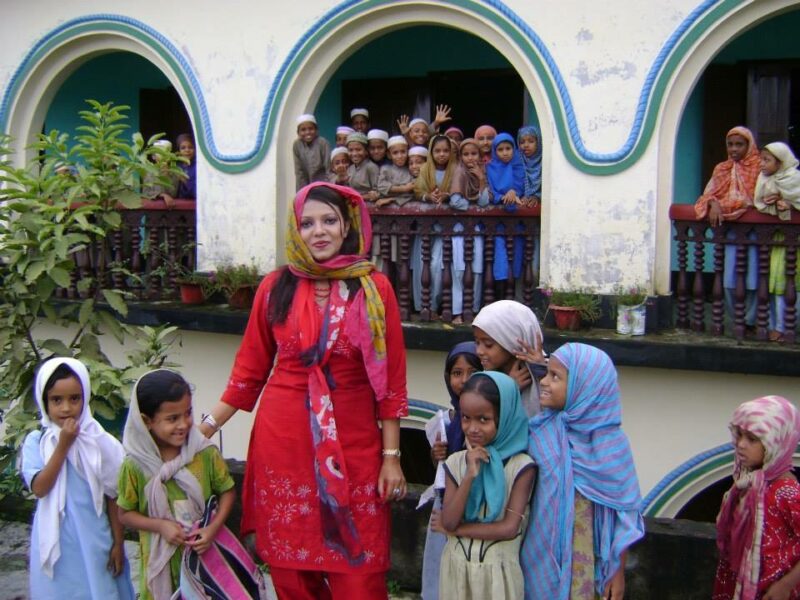Pakistan’s minister of state for foreign affairs met Afghanistan’s acting foreign minister in Kabul on Tuesday, the latest international minister to visit the country whose Taliban rulers are not formally recognised by foreign governments.
The visit comes at a time of heightened security concerns in areas bordering Afghanistan after the Pakistani Taliban (TTP) said on Monday it would no longer abide by a months-long ceasefire with the Pakistani government. The Afghan Taliban have been facilitating peace talks between local militants and Pakistan authorities since late last year.
Minister of State Hina Rabbani Khar met with acting Afghan foreign minister Amir Khan Muttaqi. It was not clear whether security was discussed at the meeting.
“A range of bilateral issues of common interest including cooperation in education, health, trade and investment, regional connectivity, people-to-people contacts and socioeconomic projects were discussed,” Pakistan’s foreign office said in a statement.
A statement from Afghanistan’s foreign ministry said Muttaqi had also brought up accelerating trade and transit and facilities for travellers between the two countries as well as the release of Afghan prisoners in Pakistan.
Pakistan this month reopened a major Afghan border crossing that was shut for trade and transit after security forces from the two sides had clashed.
Some on social media highlighted the fact that a woman was heading Pakistan’s delegation at a time when the United Nations and Western officials have called on the Taliban to change course on women’s rights.
Other high-profile visits include Chinese Foreign Minister Wang Yi and former Pakistan foreign minister Shah Mehmoud Qureshi, though the Taliban have met female diplomats and UN officials since taking power last year.
The Taliban in March made a U-Turn on signals they would open high schools nationwide for girls and have recently announced women would not be able to access public parks.
The Taliban say they respect women’s rights in line with their vision of Islam and Afghan culture.
Since the Taliban took over Afghanistan in August 2021, clashes have taken place between their security forces and those of Pakistan, and militants have attacked Pakistani forces.
Pakistan has called on the Taliban to ensure they live up to promises that they will not harbour international militants. The Taliban deny harbouring militants.
No country has recognised the Taliban, who took over Afghanistan with a speed and ease that took the world by surprise, following which President Ashraf Ghani fled the country and his government collapsed.
Lieutenant General Asim Munir, who was named as the new chief of army staff (COAS) of Pakistan, in this handout picture distributed by the Inter Services Public Relations,
Who is Pakistan’s new army chief Asim Munir?
A Taliban supporter holds an Islamic Emirate of Afghanistan flag on the first anniversary of the departure of US forces from Afghanistan, on a street in Kabul, Afghanistan, August 30, 2022.
Taliban court lashes 14 in Afghanistan.
A man and students ride on a motorcycle on a flooded road, following rains during the monsoon
Pakistan floods raise education fears for millions






















